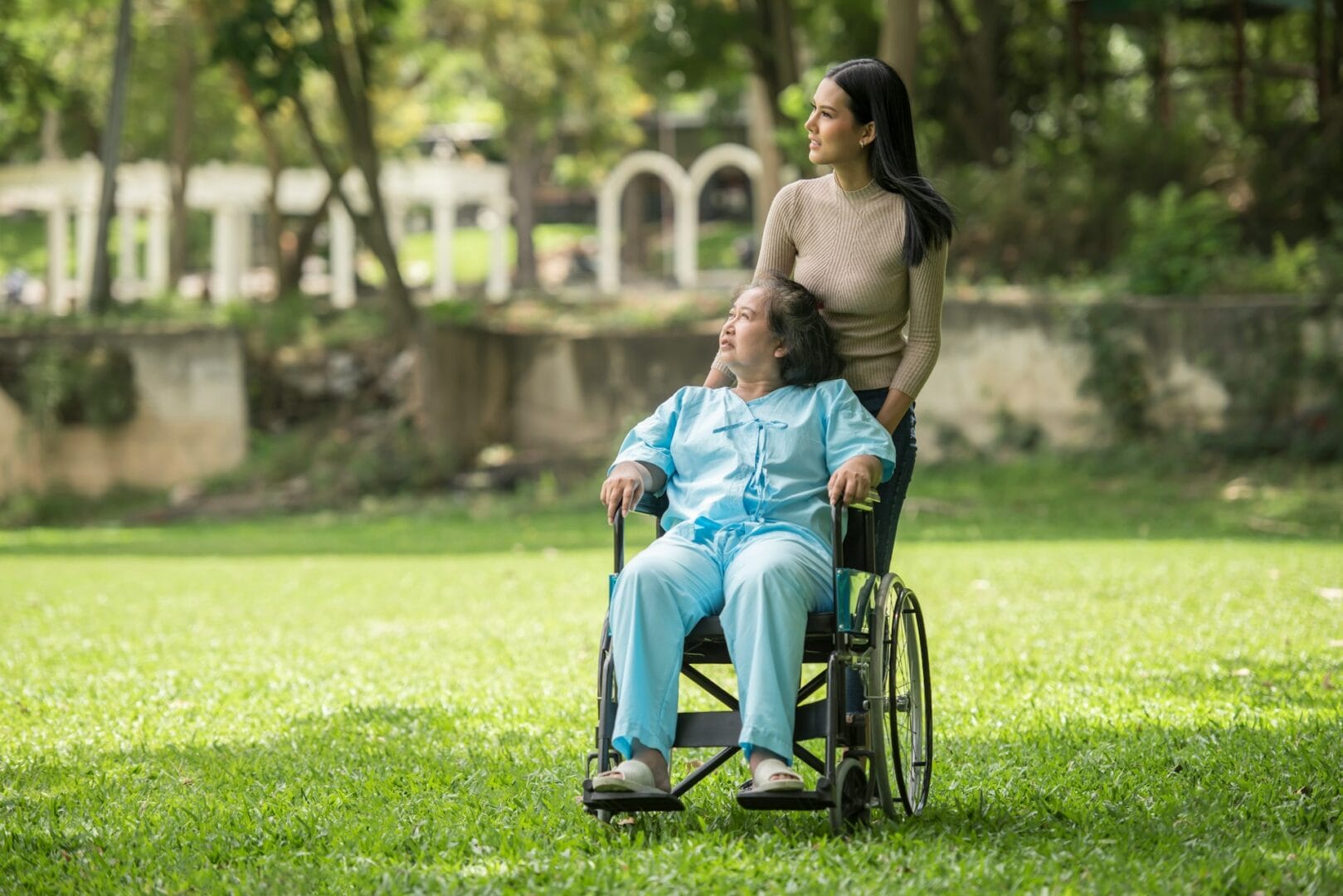Effective caregiver training plays a key role in ensuring the well-being and quality of care for those who rely on it. By equipping caregivers with the right knowledge and skills, training sets the foundation for delivering compassionate and competent care. Yet, not every training session goes smoothly. Trainers often find themselves dealing with participants who resist the process, creating an extra layer of difficulty. Understanding these challenges can empower trainers to devise inventive ways to engage even the most reluctant learners.
Handling resistant participants during caregiver training can feel like steering a boat through choppy waters. In areas like Roswell, GA, where diverse caregiver needs might amplify these challenges, finding effective techniques to engage everyone becomes even more essential. Resistance can take many forms, from verbal defiance to subtle disengagement. Pinpointing the reasons behind this resistance can make all the difference in guiding participants to a more productive learning experience.
Understanding Resistance
Resistance in a training setting can arise from various causes. For some participants, a lack of confidence or fear of new information can be overwhelming. Others might have preconceived notions about the training content, which could lead to a lack of interest or cooperation. Understanding these behaviors is the first step towards addressing them. Recognizing resistant behaviors early in training helps trainers adapt their methods to better suit participant needs. A few common signs of resistance include:
– Frequent interruptions or talking over others
– Lack of eye contact or attention
– Repetitive questioning as a challenge to authority
– Passive resistance such as silence or non-participation
Addressing these behaviors is like navigating around obstacles to reach a clear path. By acknowledging these behaviors and exploring their root causes, trainers can develop strategies that foster a more engaging atmosphere. This proactive approach not only makes the training experience more rewarding for participants but also enhances their ability to apply what they’ve learned in real-world settings.
Strategies for Engagement
Engaging resistant participants requires creativity and patience. One effective technique is to involve them in interactive and hands-on activities. For example, role-playing scenarios can help participants see from different perspectives, thus opening minds that might be closed off. This not only makes the session more enjoyable but also allows for practical application of concepts, making the training stick.
Communication plays a key role here. Encouraging participants to share their thoughts and concerns creates a more open environment. Asking open-ended questions and listening actively can turn a resistant participant into an engaged one. Feedback should flow both ways: trainers should offer constructive feedback and also invite participants to give their views on the training. This way, participants feel their voices matter, which can shift their attitude from resistance to cooperation.
Creating a Supportive Training Environment
Building a supportive atmosphere is like laying a stable foundation for effective learning. This involves cultivating empathy and patience. Trainers can benefit from acknowledging the personal challenges participants might face outside the training room. By showing understanding, trainers can diffuse tension and win trust, making it easier for participants to open up.
An inclusive atmosphere also means promoting positive group dynamics. Small group discussions or peer mentoring can encourage those who are hesitant to express themselves in a large setting. Group activities not only foster collaboration but also let individuals learn from one another’s experiences.
Leveraging Professional Training Services
When challenges persist, professional training services can provide the right solutions. These services bring structured programs and experienced trainers to the table. Trainers who specialize in handling resistance know how to tailor the content to meet specific needs, thus overcoming hurdles with ease. They can also offer insights into advanced strategies and techniques that are not readily apparent to in-house trainers.
Engaging with specialized services often brings fresh perspectives and renewed energy into the training space. Their experience with diverse groups helps in identifying what works best for any given set of participants.
Taking the Next Steps in Caregiver Training
Addressing resistance effectively in caregiver training is essential for a fruitful experience. Continuous learning and adapting teaching methods can transform challenges into opportunities for growth. Trainers who embrace new approaches are more likely to see positive changes in participant engagement.
The journey toward a more engaging training experience is ongoing. By recognizing the roots of resistance and implementing thoughtful strategies, trainers can inspire change. This continuous effort not only benefits the participants but also enriches the overall training process, paving the way for successful caregiving practices in Roswell, GA and beyond.
Equip your team with the skills they need through effective caregiver training with DuMonde Management & Consulting. Our professional programs are designed to tackle resistance and enhance engagement, ensuring your staff can deliver top-notch care. Join us in creating a more supportive and collaborative training environment that empowers caregivers in Roswell, GA, and beyond.



